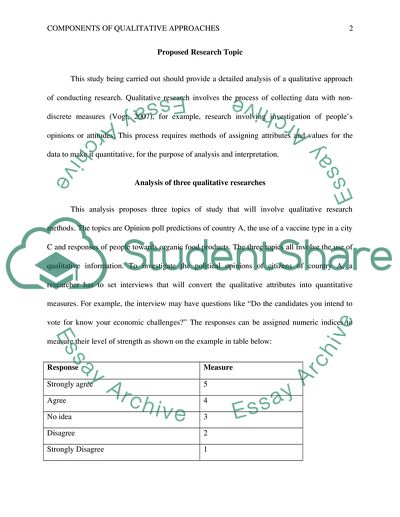Cite this document
(“Components of Qualitative Approaches Assignment”, n.d.)
Components of Qualitative Approaches Assignment. Retrieved from https://studentshare.org/education/1617696-case-study-approach
Components of Qualitative Approaches Assignment. Retrieved from https://studentshare.org/education/1617696-case-study-approach
(Components of Qualitative Approaches Assignment)
Components of Qualitative Approaches Assignment. https://studentshare.org/education/1617696-case-study-approach.
Components of Qualitative Approaches Assignment. https://studentshare.org/education/1617696-case-study-approach.
“Components of Qualitative Approaches Assignment”, n.d. https://studentshare.org/education/1617696-case-study-approach.


